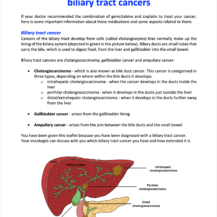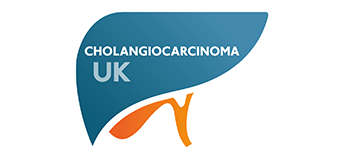Patient Information Sheets – Chemo Regimes
AMMF is pleased to have worked with Dr Chiara Braconi of The Institute of Cancer Sciences, University of Glasgow, on producing a series of Patient Information Sheets for chemotherapy regimes for those with cholangiocarcinoma. The series has been endorsed by ENS-CCA¹, under their Cost Action project.
All the information sheets may now be downloaded here or from AMMF’s Treatment Options section of the website. (https://ammf.org.uk/treatment-options/)
Gemcitabine and Cisplatin (Gem/Cis)
First line standard of care chemotherapy treatment for those with inoperable cholangiocarcinoma is usually a combination of Gemcitabine (Gemzar®) and Cisplatin.
This standard of care chemotherapy combination was adopted worldwide following the results of the UK’s ABC-02 trial in 2010. Although a number of clinical trials have been carried out since that time, this has not yet been improved on.
For the Patient Information Sheet on the Gemcitabine/Cisplatin chemotherapy, click here
Capecitabine
The chemotherapy capecitabine is now offered to patients following surgical resection for their cholangiocarcinoma.
The results of the long running BILCAP showed that this improved survival. For more information see: https://ammf.org.uk/2017/05/18/bilcap-results-show-chemo-improves-survival.
For the Patient Information Sheet on Capecitabine, click here
FOLFOX
A second line treatment, the combination of folinic acid, fluorouracil and oxaliplatin (FOLFOX) may be offered to those patients with advanced or metastatic cholangiocarcinoma who have already received first line treatment with the combination chemotherapy Gemcitabine/Cisplatin.
For a Patient Information Sheet on FOLFOX, click here
The following are other chemotherapy regimes your oncologist may advise for you;
CAPOX (Capecitabine and oxaliplatin):
For a Patient Information Sheet on CAPOX, click here
Gemcitabine (given alone):
For a Patient Information Sheet on Gemcitabine, click here
Clinical trials continue to investigate ways to better, more effective treatments. For more information on current trials, click here
For further information on the diagnosis and treatment of cholangiocarcinoma, including chemotherapies, see “Guidelines for Diagnosis and Treatment UK” and also, “International Guidelines”
¹http://www.enscca.org/ – The European Network for the Study of Cholangiocarcinoma: A group of active researchers who have significantly contributed to the study into the pathophysiology of the biliary tree and development/onset of CCA, pursuing basic, translational and clinical research in an effort to identify treatment options with successful outcome for this type of cancer. The network constitutes research groups located in 13 European countries and representing CCA interests from Basic, Translational and Clinical research.
October 2020








